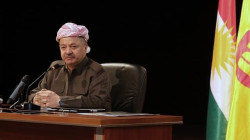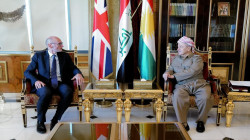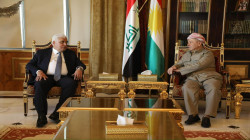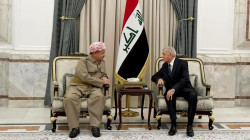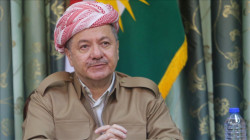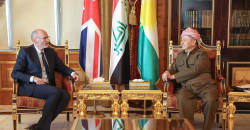Kurdistan remains a steadfast haven for the persecuted 40 years after the Anfal genocide
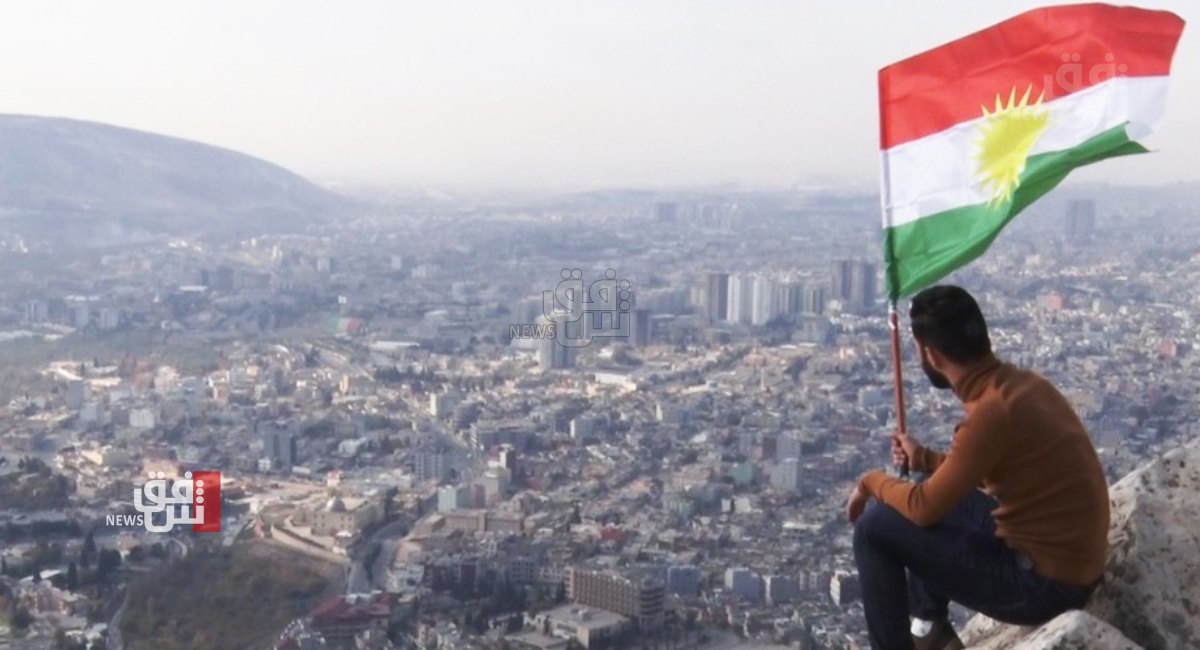
Shafaq News / Since gaining independence from the rest of Iraq in 1991, the Kurdistan Region has served as a haven for those who were persecuted by the previous Iraqi regime.
The Region serves as a safe haven for Iraqis facing injustice and oppression due to its embrace of tolerance, equality, and coexistence, providing a secure environment for all sects and ethnicities without discrimination.
This is attributed to the "wise leadership" of Masoud Barzani, who believes in human dignity, peaceful coexistence, pluralism, democracy, and dialogue as the preferred means to solve all problems, even with adversaries, according to Ali al-Feyli, an advisor to the Kurdistan Democratic Party's (KDP) president.
Al-Feyli stated to Shafaq News Agency, "This leadership has made the Region a center for sheltering the oppressed, persecuted, and also displaced individuals who suffered from the tyranny of ISIS and other organizations."
He asserted that the Kurdistan Region has consistently served as a "hub for politicians to resolve these issues," particularly during political disputes, which reflects the region's leadership under Barzani and his willingness to work with everyone.
Fares Al-Hasnawi, a member of the administrative body of the Journalists Syndicate, also attests to this, confirming that "the Kurdistan Region has gained significant humanitarian and international recognition in recent years for its welcoming of refugees and displaced people and respecting their rights and dignity."
Al-Hasnawi, speaking to Shafaq News Agency, added, "Moreover, the region has hosted various festivals, conferences, and academic and cultural seminars, which earned it appreciation from the world and the international community."
However, this virtuous characteristic of the region's leadership and people has perturbed some forces, leading them to wage attacks against it using various means, including chemical attacks and campaigns such as the Anfal genocide, which was commemorated yesterday after forty years.
In this context, political analyst Yasin Aziz stated, "The region's development on all levels has made internal and external forces and parties not want the region to continue thriving, and they have begun to fight against it using various means, whether political, economic, or security-related."
Aziz emphasized that "the people of the region have endured the harshest forms of injustice, especially during the tragic Anfal Campaign. Despite all that, the region, with its leadership and people, remains a safe haven for all."
On July 31, 1983, Saddam Hussein's regime launched the "Anfal Campaign", arresting 8,000 people from the Barzan region in Kurdistan and transferring them to deserts in southern Iraq, where they were killed and buried in mass graves.
In 1983, an uprising erupted in the Kurdistan Region against Saddam's rule, leading the Iraqi authorities to launch the "Anfal Campaign," which the Iraqi Supreme Criminal Court classified in 2011 as a "crime against humanity and a genocide."
Saddam entrusted the command of the campaign to the Northern Bureau Secretary of the Ba’ath Arab Socialist Party, Lt. General Ali Hassan al-Majid al-Tikriti, who carried out an aerial and artillery bombardment with chemical bombs on Halabja and surrounding villages on March 16, 1988, in an attack classified as a "genocide."
After 2003, key figures of the former regime were arrested and convicted, including Saddam Hussein in the Anfal case. Some of them were sentenced to death, including Ali Hassan al-Majid.
